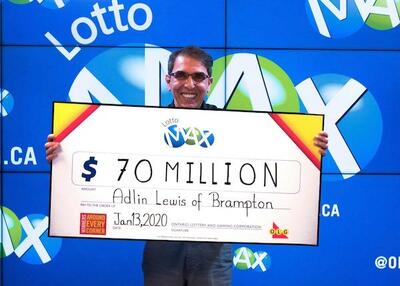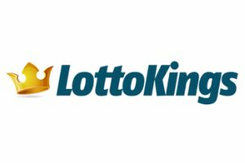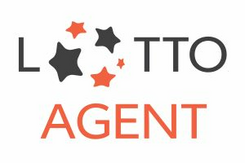Are Lottery Winnings Taxable in Canada?
Canada is home to some truly fantastic lottery games, such as the Lotto 6/49, Lotto Max, and Daily Grind draws. With guaranteed million or multi-million-dollar jackpots and better odds of winning than major US lotteries, Canadian lotto games are growing in popularity all around the world.
In this article, we break down the legal jargon to clarify what kind of lottery winnings are taxable in Canada.
Lottery Tax Rules in Canada
On the surface, you do not have to pay taxes on lottery winnings in Canada, and lottery winners don’t have to report lotto prizes on their tax returns. This is because lottery winnings fall under the Canada Revenue Agency’s (CRA) “windfall rule.” Under this rule, the Canadian government will not tax unexpected, one-time cash windfalls that individuals made no effort to obtain.
The rule also lays out specific circumstances in which it applies—and several in which it does not. Aside from lottery winnings, inheritances, sports betting pool prizes, gifts, lawsuit payouts that are unrelated to business or property losses, and most disability and death benefits are considered to be windfalls.
Exceptions to Tax-free Winnings in Canada

Some lotteries offer prizes other than cash, such as cars and houses. If you win one of these lotteries, the prize will have an “adjusted cost base” (ACB) that is equal to the market value of the item on the day you win. While you don’t have to pay taxes on the prize at the time of winning, you will have to pay tax on any capital gain if you sell it for a higher price than the original ACB.
Casino winnings are also usually tax-free—except for professional gamblers who make a living playing cards and other games of chance. Professional gamblers’ prizes are considered regular sources of income rather than one-time cash windfalls. Players who have specialized knowledge that shorten their odds of winning lotteries and other games may also be classified as professional gamblers. Professional gamblers can deduct their losses on their taxes, but they can’t deduct more in losses than they earn.
Special Rule for Annuity Payouts
Often, when someone wins a large lottery prize, there is an option to collect the prize in yearly installments. In Canada, prizes paid out as an annuity are partly taxable. This assumption is based on the 1992 case of Ms. Rumack, who won a lottery that pays out $1,000 a month per life. The court determined that the $135,338 that funded the $1,000 annuity payments was not taxable. However, over time, this fund would collect interest and pay it out as part of the annuity. Therefore, the interest portion was indeed taxable. In other words, if you’re given the choice between a lump sum and annuity payout in Canada, choose the lump sum!
US and International Lottery Winnings
Canadians who win major prizes on US lotteries might be disappointed to learn that foreigners must pay 30% in tax to the American government on all major lottery winnings. However, since popular games like the US Powerball and Mega Millions have jackpots worth hundreds of millions of dollars, Canadian winners would still take home a massive payout, even after taxes. Furthermore, they would be exempt from paying any further taxes after they transfer their winnings into their Canadian bank account. As a general rule, players who buy tickets to international lotteries are agreeing to abide by the local laws for the country where the game is based.
Conclusion
Outside of the few exceptions outlined above, lottery winnings are generally not taxable in Canada. However, Canadians who play international lottery games online or in person while travelling should make sure they understand all the host country’s local laws for winners. Some countries charge taxes and some don’t, and many lotteries expect winners to fly out to the host country to collect the jackpot. While this shouldn’t be a problem for a newly minted millionaire, it’s always best practice to read the rules when playing any foreign lottery.
And, if you happen to win a jackpot off of a Canadian lottery, make sure to check out these tips for lottery winners in Canada.






